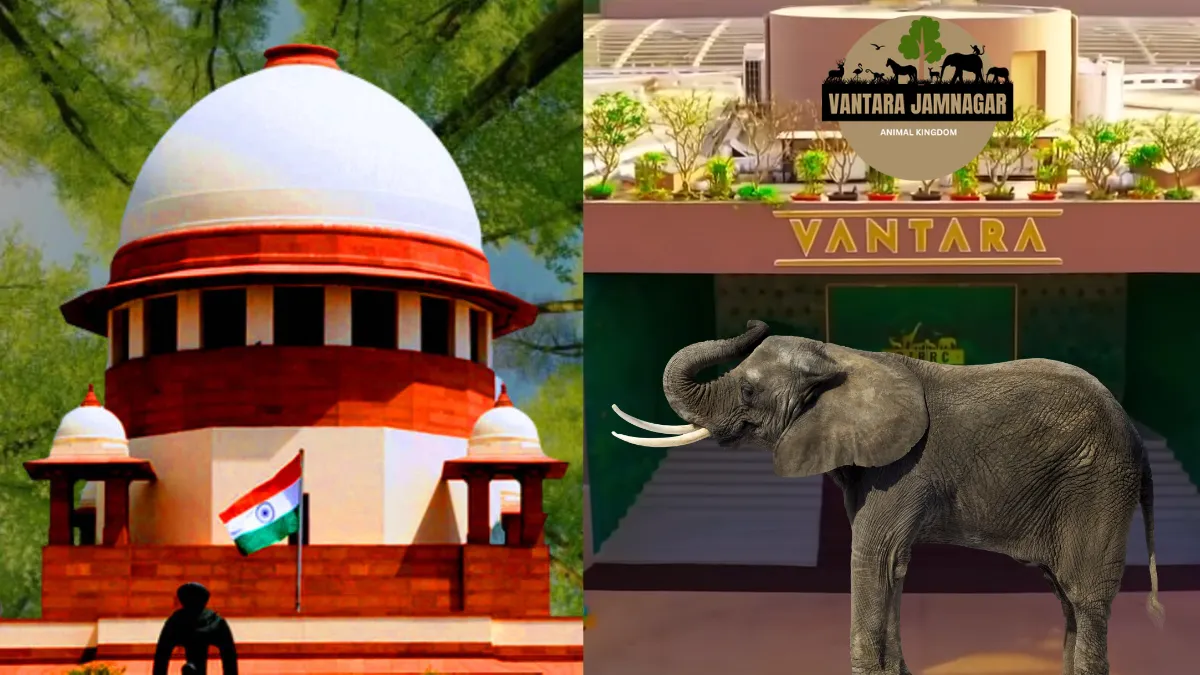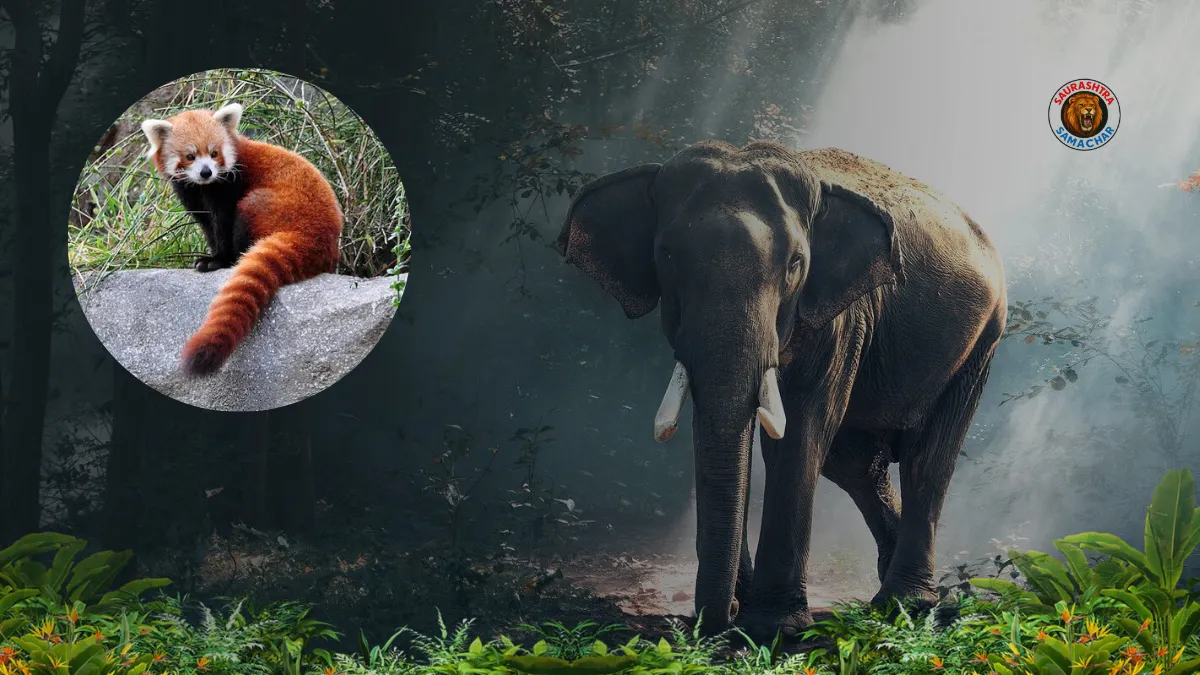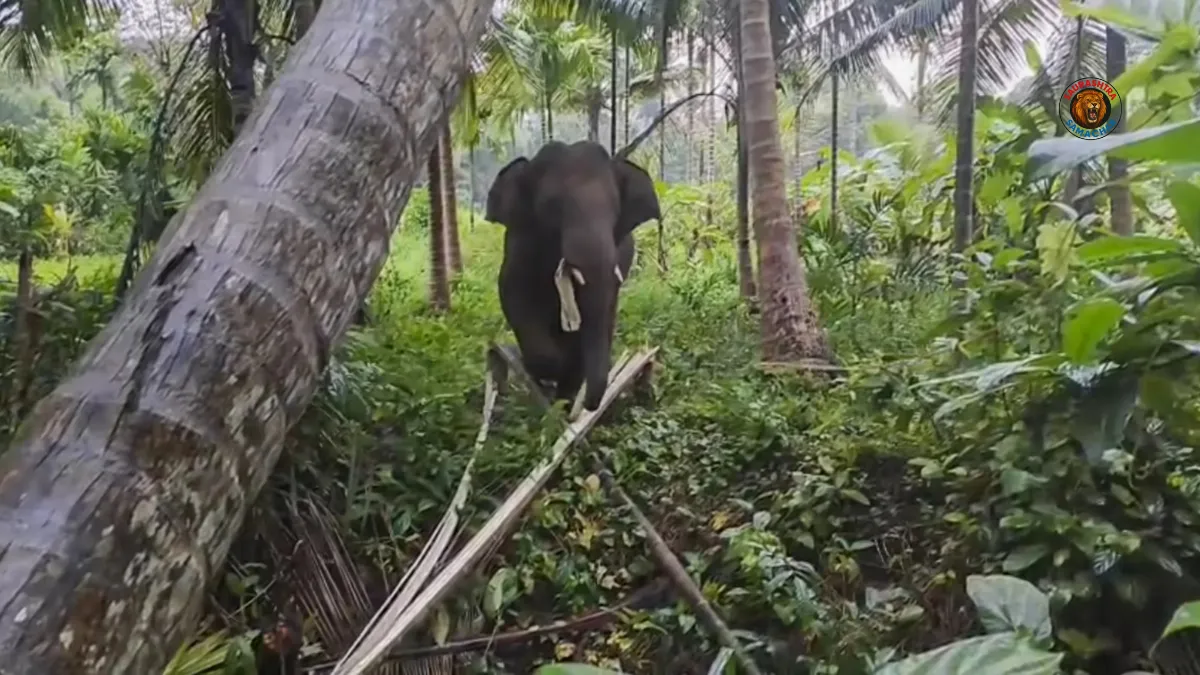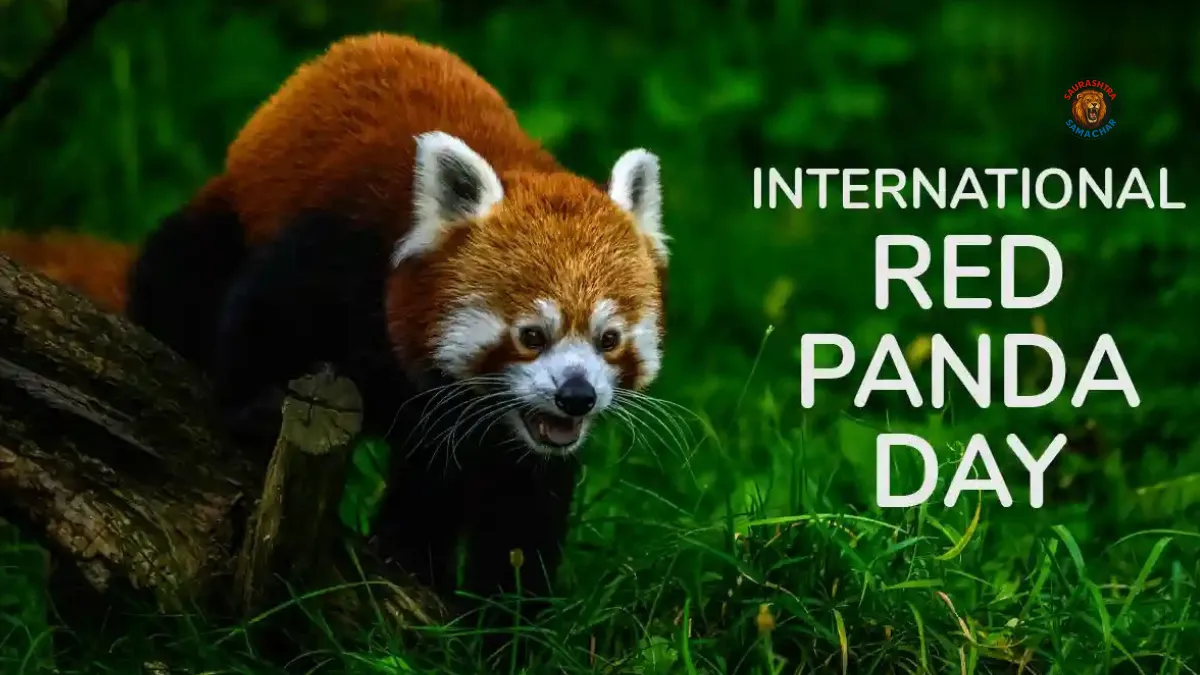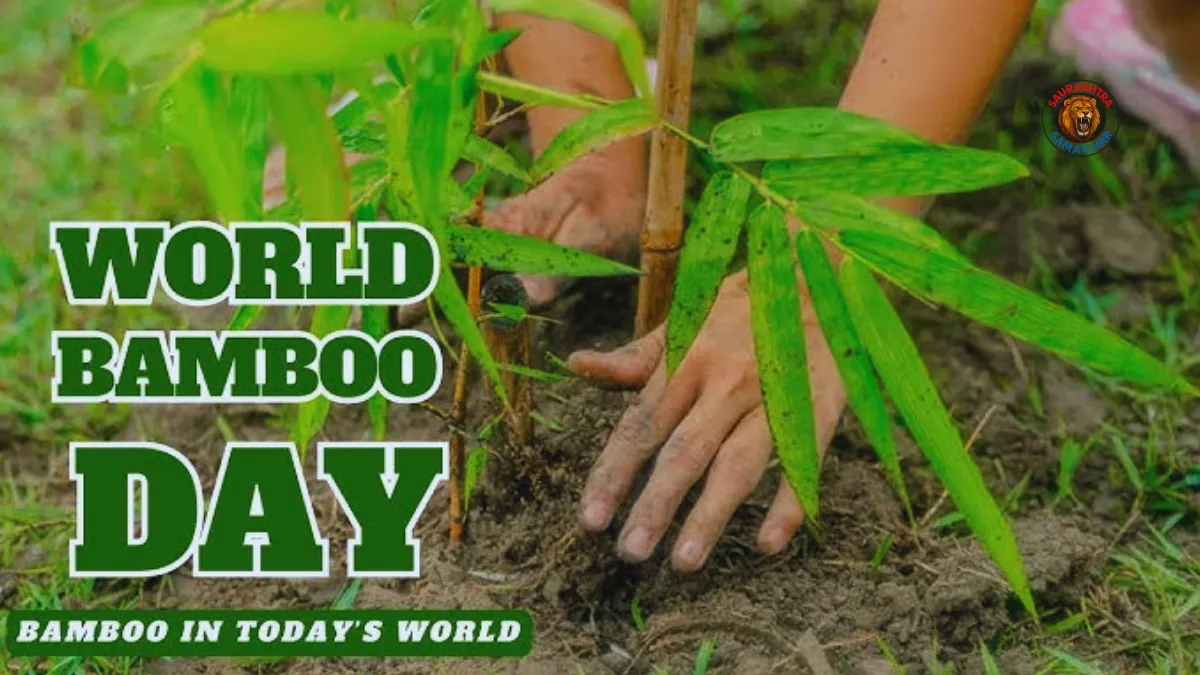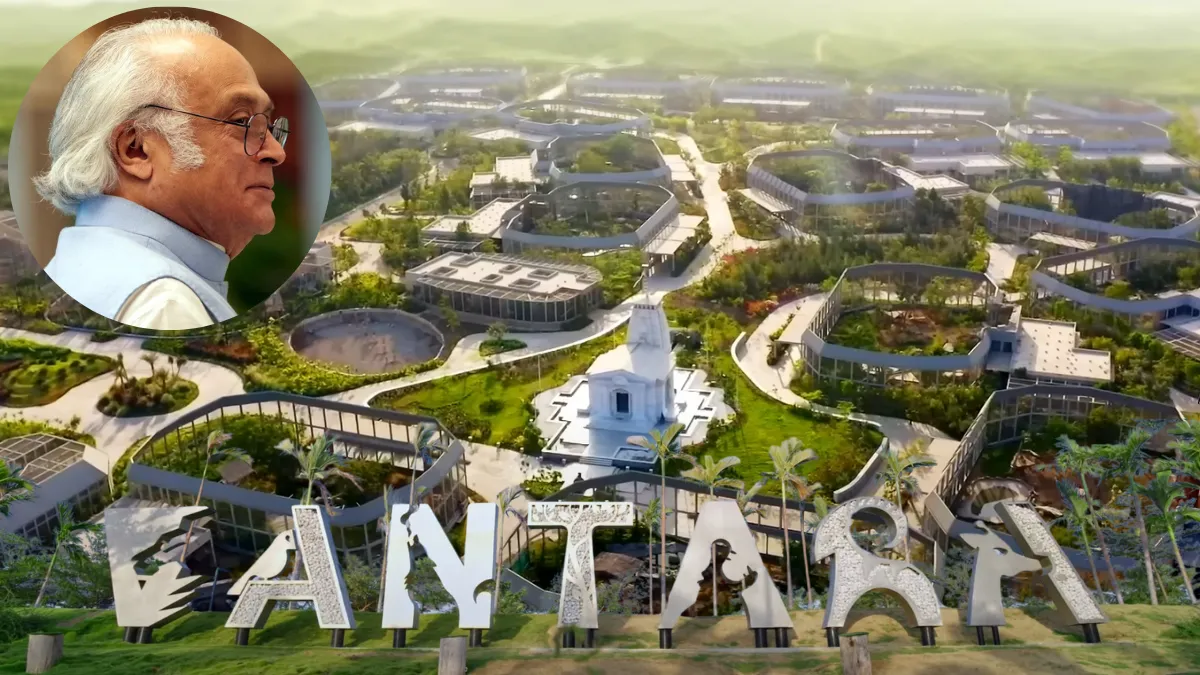Top court sets up special team to probe affairs of Vantara: The Supreme Court of India has taken a major step in addressing rising concerns over the functioning of Vantara, a prominent animal shelter project in Gujarat. In a historic move, the top court has set up a Special Investigation Team (SIT) headed by former Supreme Court judge Justice Jasti Chelameswar to conduct a wide-ranging inquiry into the affairs of Vantara.
This action follows a series of petitions and complaints filed by environmentalists, animal rights groups, and other stakeholders. The complaints alleged possible violations of environmental laws, wildlife protection rules, and financial regulations related to the management of the animal shelter.
Composition of the SIT
The SIT has been formed with some of the country’s most respected names in law enforcement, judiciary, and administration. Apart from Justice Chelameswar, who will chair the panel, the team includes:
- Justice Raghavendra Chauhan, former Chief Justice of the Uttarakhand and Telangana High Courts.
- Hemant Nagrale, IPS, former Commissioner of Police, Mumbai.
- Anish Gupta, IRS, Additional Commissioner, Customs.
Together, this team brings judicial expertise, policing experience, and financial oversight into one powerful investigation body.
Mandate of the SIT
The top court sets up special team to probe affairs of Vantara with an extensive mandate, covering almost every aspect of the shelter’s operations. The scope includes:
- Acquisition of animals: Scrutiny of how animals, especially elephants, were brought into Vantara, both from within India and from abroad.
- Legal compliance: Review of compliance with the Wildlife (Protection) Act, 1972, as well as rules governing zoos and rescue centers.
- International protocols: Examination of whether Vantara followed the Convention on International Trade in Endangered Species of Wild Fauna and Flora (CITES), along with India’s import/export laws.
- Animal welfare: Assessment of veterinary care, nutrition, animal husbandry practices, and reported cases of animal deaths.
- Environmental concerns: Investigation into whether the shelter’s location near an industrial zone is suitable for animals and whether environmental norms are being violated.
- Collection and conservation: Checking allegations of animals being used for vanity collections, along with questions over breeding programs and biodiversity resource management.
- Resource utilisation: Probing possible misuse of water, land, and even carbon credit benefits.
- Wildlife trade: Examining allegations of wildlife smuggling and breaches of trade laws.
- Financial compliance: Reviewing charges of money laundering and financial irregularities connected to the shelter’s operations.
- Other issues: Looking into any new evidence or concerns that may surface during the inquiry.
Cooperation from Government Authorities
The Supreme Court has ensured that the SIT will not work in isolation. Instead, it will be assisted by several key government bodies, including:
- Central Zoo Authority
- CITES Management Authority of India
- Ministry of Environment, Forest and Climate Change (MoEFCC)
- State of Gujarat, including its Forest Department and Police Department
This broad support system ensures the SIT will have access to records, expert opinions, and enforcement powers needed to conduct a transparent and credible investigation.
Why Vantara is Under Scrutiny
Vantara, which gained global attention for its efforts to house rescued elephants and other wildlife, has often been described as one of the most ambitious animal rescue and rehabilitation projects in India. However, concerns have been raised over its scale, transparency, and adherence to environmental and legal standards.
Critics allege that the project may have acquired elephants under questionable circumstances, bypassing wildlife protection laws. There have also been questions over whether the climatic conditions of the shelter are suitable for elephants, given its proximity to an industrial belt.
Additionally, several petitions have highlighted issues related to animal mortality rates, alleged misuse of natural resources, and possible financial irregularities.
Importance of the SIT’s Work
By forming this high-level SIT, the top court has sent a strong signal that matters related to wildlife protection and environmental conservation are of national importance. The inclusion of experts from different domains also ensures that the inquiry will not be limited to one dimension, but will instead provide a comprehensive picture of Vantara’s operations.
Animal rights activists have welcomed the move, calling it a much-needed step towards accountability. According to them, if Vantara is indeed functioning transparently and in line with international best practices, the inquiry will only strengthen its credibility. However, if violations are found, it could set a legal precedent for how large-scale wildlife facilities are managed in India.
Information Sources for the SIT
The SIT has been authorised to collect information from a wide range of stakeholders, including:
- Petitioners who filed complaints
- Regulatory authorities
- Forest and police officials
- Environmental groups
- Journalists and independent investigators
This ensures that the probe will not be one-sided but will factor in diverse viewpoints and evidence.
Expected Outcomes
While the SIT has only just been set up, several outcomes are possible depending on its findings:
- If violations of wildlife or financial laws are confirmed, criminal and regulatory actions could follow.
- If the shelter is found compliant, Vantara could become a model project for wildlife rescue and rehabilitation in India.
- The inquiry could also lead to new guidelines for similar animal shelters in the future, ensuring stricter monitoring and higher welfare standards.
Also read: Bhavnagar News: Hardik Chauhan’s Mission to Serve Voiceless Animals and Birds
Key Details at a Glance
| Aspect | Details |
|---|---|
| Court’s Action | Supreme Court forms SIT to probe Vantara |
| Chairperson | Justice Jasti Chelameswar (Retd.) |
| Other Members | Justice Raghavendra Chauhan, Hemant Nagrale (IPS), Anish Gupta (IRS) |
| Key Issues Under Probe | Animal acquisition, legal compliance, CITES rules, welfare standards, environmental concerns, financial irregularities |
| Supporting Agencies | Central Zoo Authority, CITES Management Authority, MoEFCC, Gujarat Govt. |
| Objective | Transparent and fact-based report on Vantara’s functioning |
Also read: Vantara Animal Rescue Team: Giving Hope and Healing to Wildlife in India
Conclusion
The decision by the Supreme Court marks a turning point in wildlife governance in India. By ensuring that a top-level panel investigates the functioning of Vantara, the court has reinforced the principle that animal welfare, environmental protection, and financial transparency cannot be compromised.
The world will be watching closely as the SIT led by Justice Chelameswar begins its work. For Vantara, this is both a challenge and an opportunity – a challenge to clear its name of allegations, and an opportunity to prove itself as a benchmark in ethical animal care.
For India, this case highlights how seriously the judiciary views issues of wildlife conservation and environmental accountability. And as the inquiry progresses, it will not only decide the future of Vantara but also shape the future of wildlife management policies in the country.
